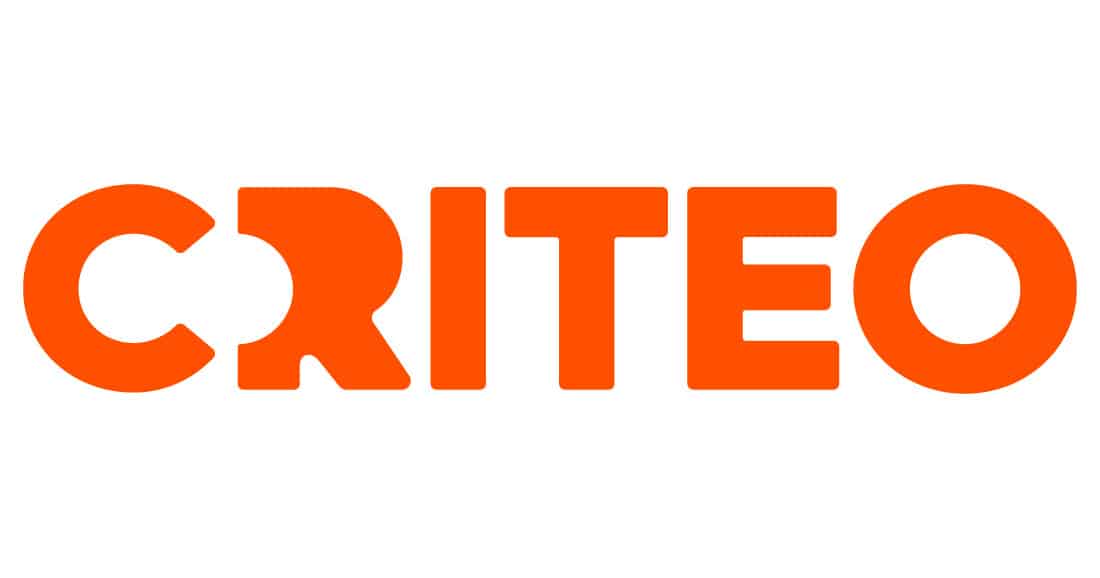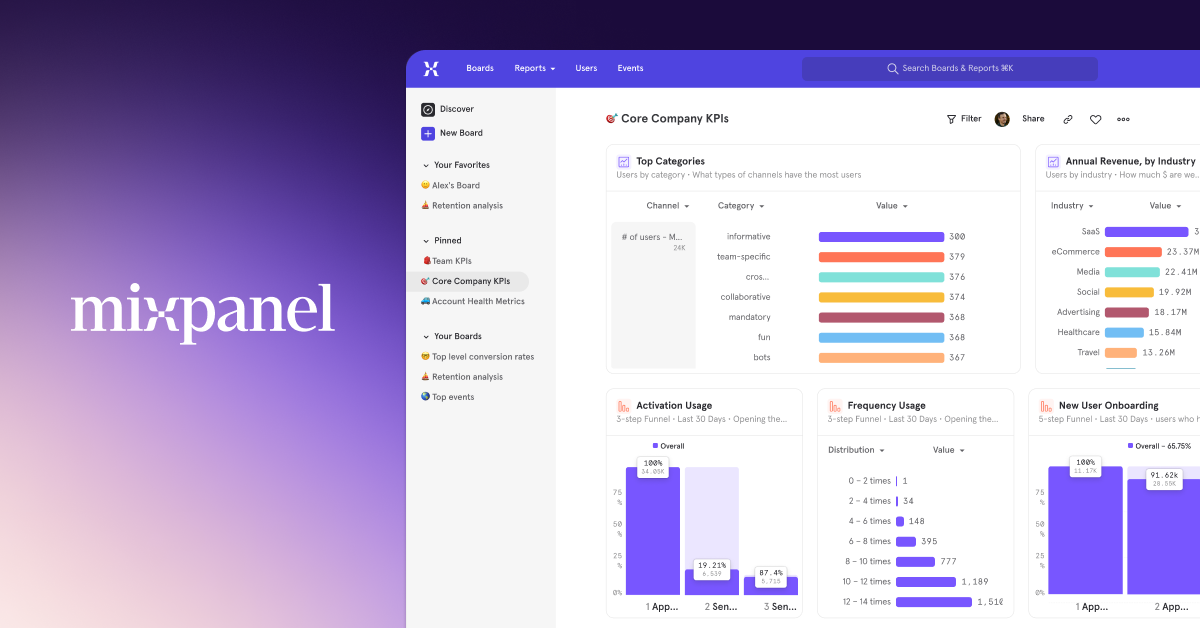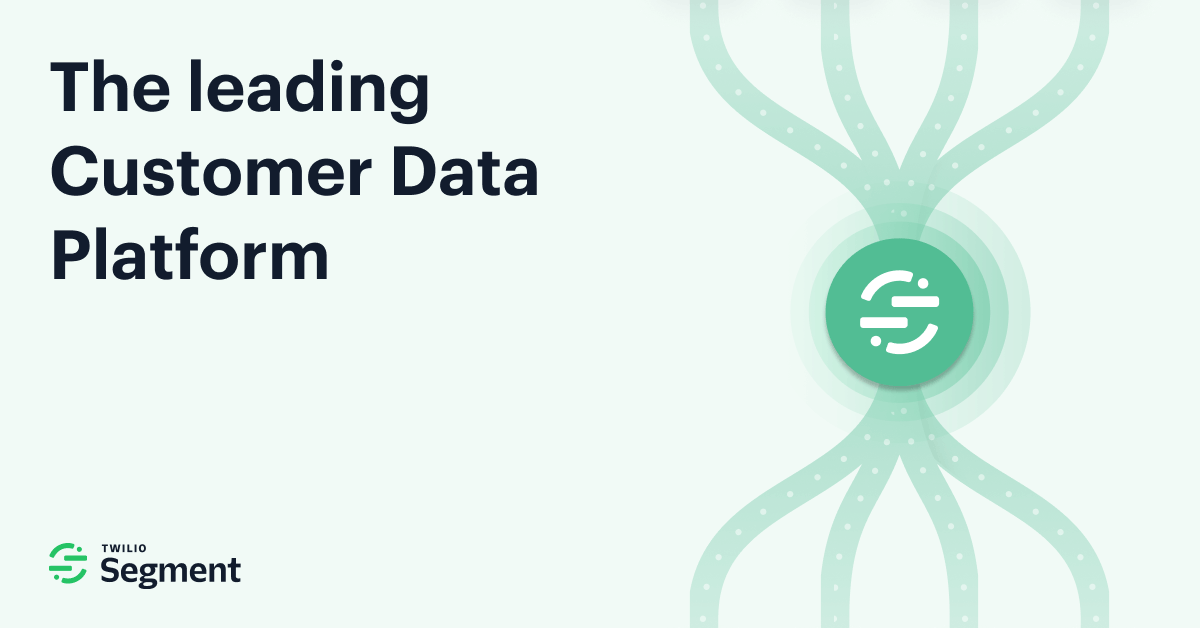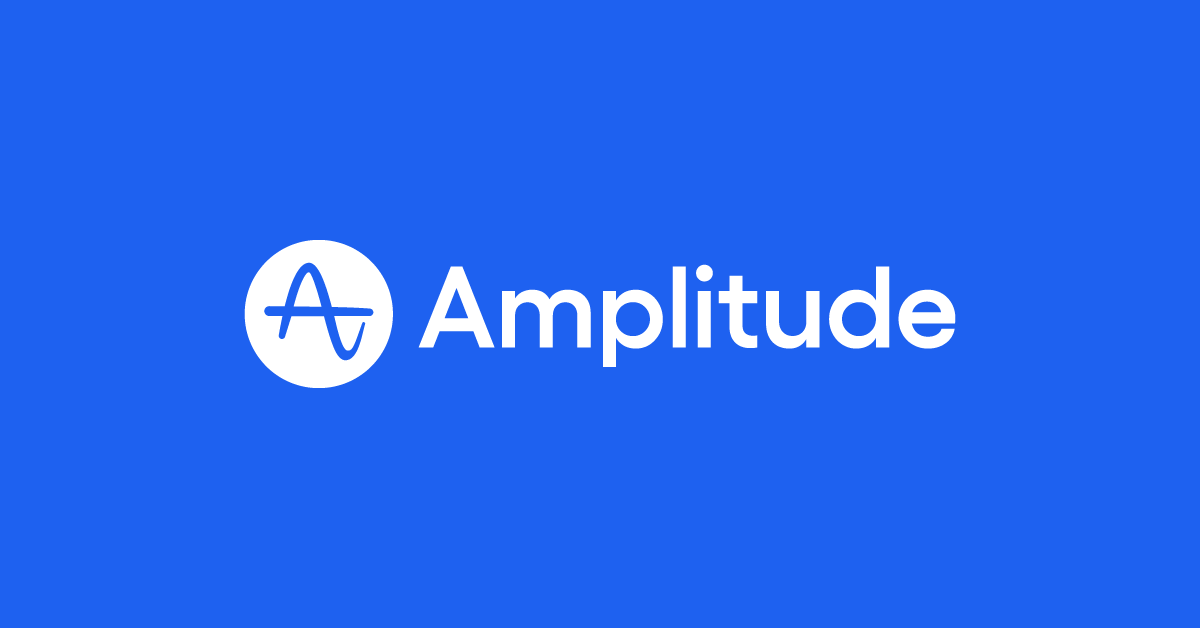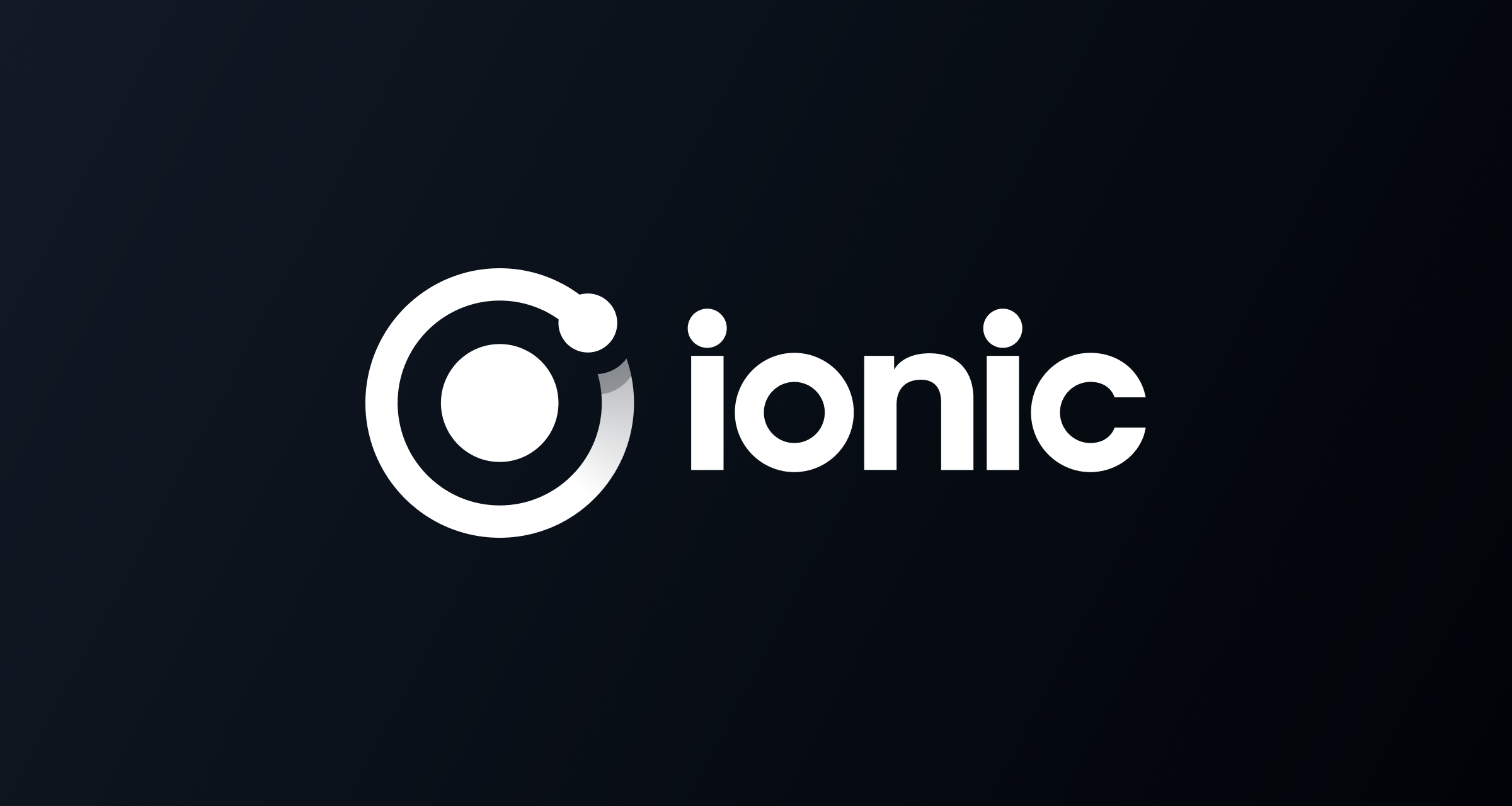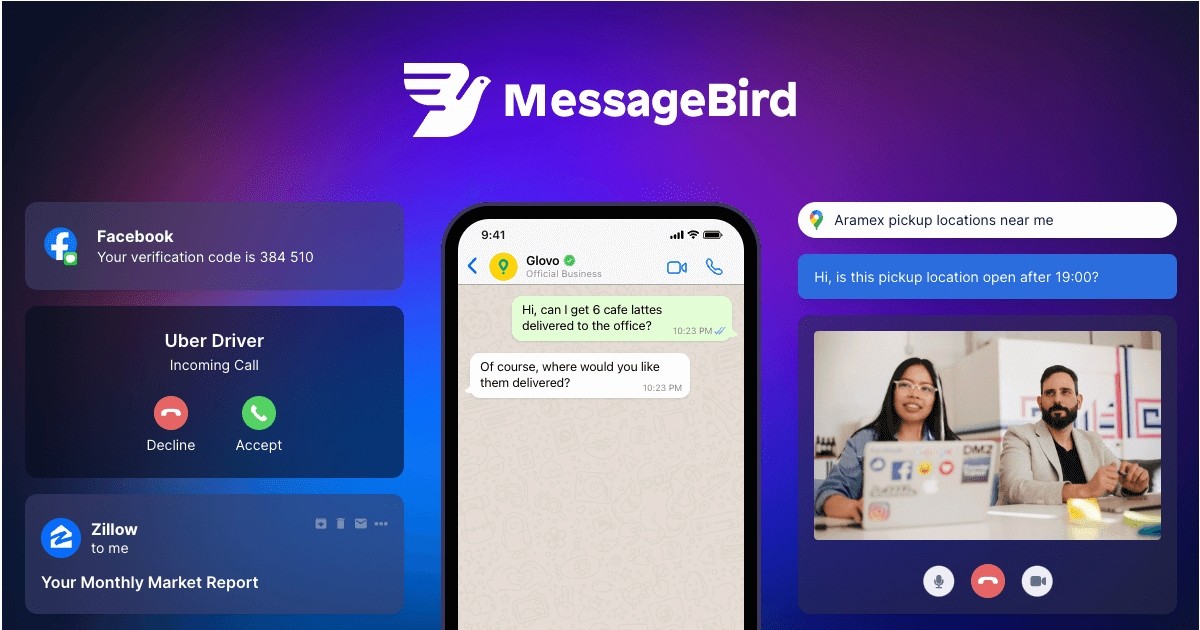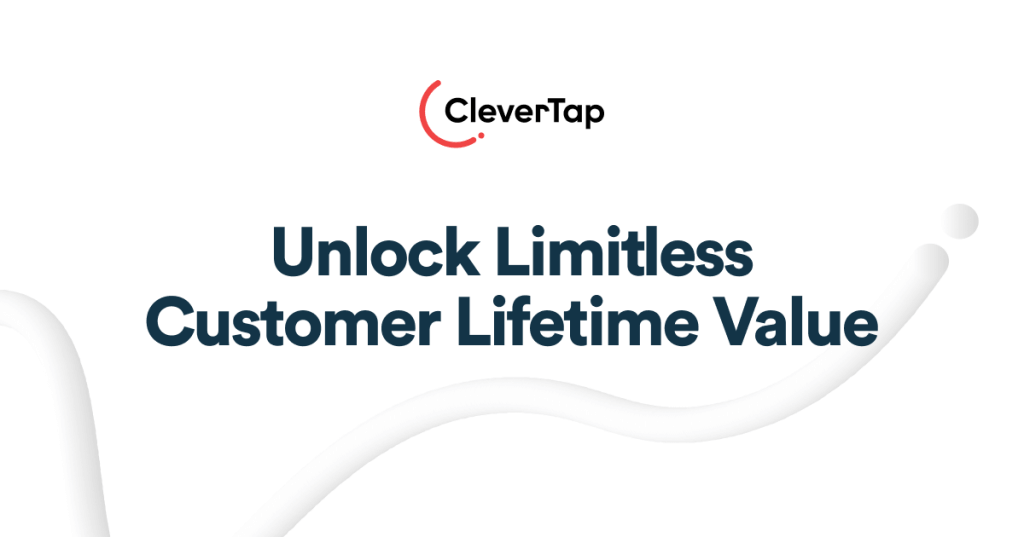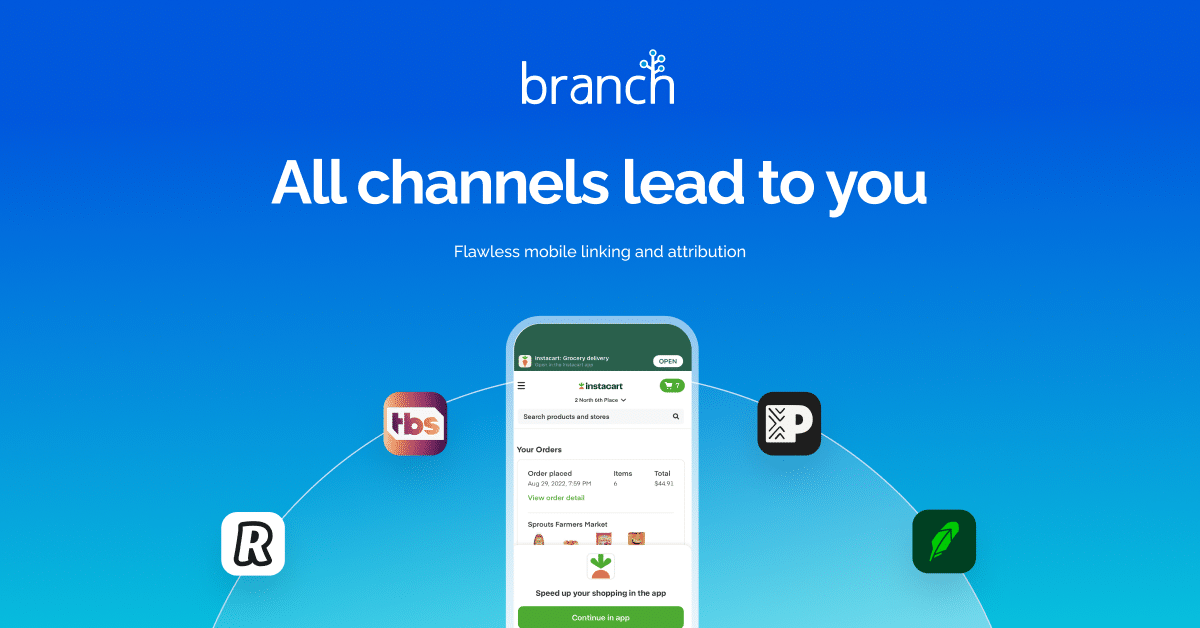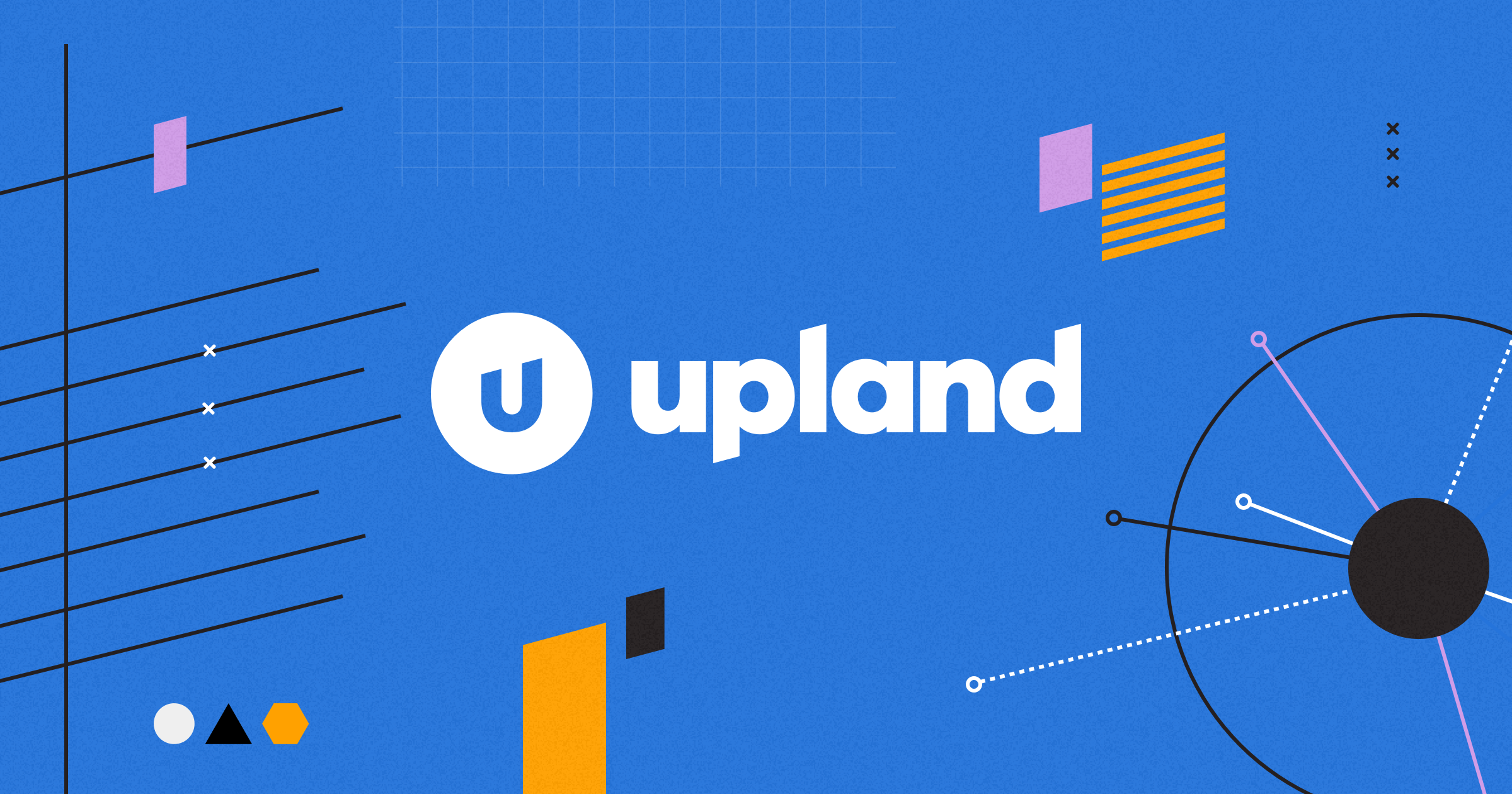Introduction
Push notifications have emerged as a powerful tool for mobile engagement and retention. When used judiciously with personalization and the right context, push can drive higher conversion, purchases and app usage. However, with so many options in the market today, it can be difficult to zero in on the right solution. In this blog, we evaluate and rank 15 of the leading push notification platforms based on important criteria like ease of use, features, pricing and customer success.
Methods of Evaluation
To evaluate and rank the 15 push notification platforms, we considered the following conventional evaluation methods: features and capabilities, pricing, ease of use, customer support. In addition, we also looked at more objective metrics like number of backlinks, traffic and keyword trends for each company over the last year. This gave us a balanced view of both subjective qualitative aspects as well as quantitatively measured popularity and demand.
1. Criteo
Criteo is a global technology company that provides the world’s leading Commerce Media Platform. Founded in 2005, Criteo delivers personalized performance marketing across all channels, with a single objective: to enable optimal marketing outcomes for its clients. Criteo has over 3,500 team members and generates $2.4 billion in annual revenue.
Pros: Some key advantages of Criteo’s push notification software include:
– Notifications for personalized retargeting of customers based on purchase history and browsing behavior
– Leverage the world’s largest commerce data set to drive highly relevant notifications
– Seamless integration with Criteo’s broader software suite for search, display, and other marketing channels
– Detailed reporting and analytics to track ROI of push notification campaigns
Cons: One potential limitation is that the push notification platform is tied to Criteo’s overall Commerce Media Platform. Customers wanting a standalone push notification solution may prefer other options.
Pricing: Criteo does not publicly disclose pricing for its software suite. However, pricing is typically based on a percentage of media spend for performance-based programs or monthly/annual subscription fees for self-served/direct campaigns.
Some key stats about Criteo’s push notification capabilities include:
– Over 1 billion devices reached monthly through app push campaigns
– Ability to use over $1 trillion in commerce data for personalized targeting and retargeting
– Integration with other Criteo tools like Display and Search for full-funnel campaigns
2. Mixpanel
Mixpanel is a customer analytics platform that helps companies analyze user behavior within their digital products. In addition to analytics, Mixpanel also offers push notification capabilities as part of their broader analytics suite. Founded in 2009 and based in San Francisco, Mixpanel has raised over $160 million in funding and works with over 26,000 companies including Expedia, Twitter, NBC and Anthropic.
Pros: Some key advantages of Mixpanel’s push notification platform include:
– Helps design, launch and optimize push campaigns based on behavioral data
– Tightly integrated with Mixpanel’s app usage analytics for a holistic view of user behavior
– Large existing user base of over 26,000 companies providing established support
Cons: One potential disadvantage is that push notifications are only one part of Mixpanel’s broader analytics suite, so it may not be the best fit for companies solely focused on push.
Pricing: Mixpanel offers both free and paid plans for their push notification capabilities. The free plan supports up to 1 million notifications per month. Paid plans start at $499/month for up to 5 million notifications.
Some key stats about Mixpanel’s push notification capabilities include:
– Reaches over 1 billion devices monthly
– Supports Android, iOS, mobile web and desktop web
– Integrates with 150+ messaging platforms
– Ability to target users based on behavior and attributes within Mixpanel
3. SendGrid
SendGrid is an email delivery, API, and marketing service that offers a robust push notification software for both mobile and web applications. SendGrid has helped thousands of companies improve engagement by delivering important notifications.
Pros: Some key advantages of SendGrid’s push notification software include: Send push notifications along with transactional emails from one platform, Detailed analytics on opens, clicks and other user actions from push notifications, Highly customizable templates to build beautiful messages, Scales seamlessly to handle high volume push notification needs.
Cons: One potential disadvantage is that the more advanced features require paid plans which can get expensive for very large volume needs.
Pricing: SendGrid offers free and paid plans for its push notification software starting from $29 per month. Additional volume or custom features require upgraded plans with flexible monthly or annual billing options.
Some key stats about SendGrid’s push notification capabilities include: Over 40 billion emails delivered per month, Support for 400+ push notification channels like Apple Push Notifications, Firebase Cloud Messaging, etc. Scales to billions of notifications per month.
Email Delivery, API, Marketing Service | SendGridsendgrid.com
4. Adyen
Adyen provides businesses with a unified commerce platform that handles everything from online and in-store payments to data insights and financial management. Founded in 2006 and headquartered in Amsterdam, Adyen serves some of the world’s largest companies including Microsoft, Uber, eBay, L’Oreal and many more.
Pros: Some key advantages of using Adyen include:
– Built specifically for ecommerce and payment scenarios which allows for seamless omnichannel experiences
– Allows merchants to send customized push notifications for orders, refunds, and other key events
– Provides advanced segmentation and filtering of payments and orders for deeper analytics and insights
– Integrates smoothly with popular platforms like Shopify, Magento, and BigCommerce with no additional development needed
Cons: One potential disadvantage is the monthly and transaction fees which can be higher than some other payment processors depending on transaction volume and needs.
Pricing: Adyen pricing is based on monthly platform fees, plus per-transaction fees that vary based on currency, country and payment method. Exact pricing is available by contacting an Adyen representative for a customized quote.
Some key stats about Adyen include:
– Processes over $550 billion in transactions annually
– Works with over 6,000 merchants globally
– Supports over 250 different payment methods
– Integrates with over 175 shopping carts and platforms
5. Segment
Segment is a customer data platform that helps companies collect, clean, and utilize their customer data to improve marketing, product, and support efforts. Founded in 2011 and based in San Francisco, Segment serves over 50,000 customers including major brands like Intuit, NBC, Stripe, and Canva. It integrates with hundreds of tools and aims to be the universal hub for customer data.
Pros: Key advantages of using Segment include:
– AI-powered user profiles and behavior tracking allow for powerful customer segmentation and personalization
– Extensive analytics and reporting gives deep insight into user behaviors and funnel metrics
– Push notification integrations for all major platforms allow for timely messaging to customers
– Works well supporting both large enterprises with complex data needs as well as smaller companies
Cons: One potential disadvantage is that Segment is more of a universal data collection tool rather than an all-in-one solution. Additional tools will still be needed for personalization, marketing automation, messaging, etc.
Pricing: Segment offers a freemium plan for basic usage as well as paid plans starting at $999/month for 50,000 API calls. Larger packages with additional features, support and advanced analytics are available for thousands per month.
Some key stats about Segment include:
– Processes over 500 billion events per month for customers
– Integrates with over 225 marketing, analytics and CRM tools
– Retains a Net Promoter Score of over 70 based on customer satisfaction
6. OneSignal
OneSignal is a leading push notification software that helps companies engage with customers across multiple channels. Founded in 2011 and based in San Francisco, OneSignal provides messaging solutions for mobile push notifications, web push, SMS, email and in-app notifications.
Pros: Some key advantages of using OneSignal include:
– Leader in features that help with customer retention and growth
– Highly customizable and easy to integrate notification delivery into any app or website
– Notifications are delivered seamlessly across platforms and devices
– Robust APIs and SDKs available for languages like Java, Javascript, PHP, Python, etc.
Cons: One potential disadvantage is that the free plan only allows sending up to 20,000 notifications per month which may not be sufficient for some larger apps and websites.
Pricing: OneSignal offers three paid plans – Premium (starts at $49/month), Gold ($149/month) and Platinum ($499/month). All paid plans provide unlimited notification delivery. Additional features are unlocked in higher tiers like more analytics, support for multiple projects, etc.
Some key stats about OneSignal include:
– Used by over 1 million developers worldwide
– Processes billions of notifications per month
– Supports sending notifications to over 40 platforms including iOS, Android, Web Push, etc.
7. Amplitude
Amplitude is an event streaming platform that helps companies like Mozilla, IFTTT and Petco understand user behavior in their digital products. Founded in 2012 and based in San Francisco, Amplitude processes billions of user events each day for over 25,000 digital products. Their mission is to help companies build better digital products through analytics.
Pros: Some key advantages of using Amplitude include:
– Push as an engagement channel – Use push notifications to engage and re-engage users based on behavior patterns.
– Test, analyze and optimize campaigns – Set up experiments and analyze results to improve notification campaigns.
– Combine with analytics on user behavior – Understand how notifications impact KPIs like retention, engagement and monetization.
– Seamless integrations and SDKs – Easy to integrate analytics with push notifications through SDKs for Android and iOS.
Cons: The main disadvantage is that the pricing can become expensive for very large companies or those sending a high volume of push notifications each month. The basic plan starts at $100/month but custom enterprise pricing applies for higher usage.
Pricing: Amplitude offers the following paid plans:
– Growth – $100/month for up to 10 million monthly active users and 5 billion monthly events.
– Scale – Custom enterprise pricing for over 10 million monthly active users and 5 billion monthly events.
– Mobile Ads Integration – $499/month for mobile app install and ad attribution tracking.
Some key stats about Amplitude include:
– Processes over 1 billion events per day
– Has over 25,000 companies as customers including major brands like NBCUniversal, Samsung and Under Armour
– Has raised over $235 million in total funding
– Integrates with over 250 different tools including Google Analytics, Mixpanel and Segment
8. Expo
Expo is an open-source platform for making universal native apps for Android, iOS, and the web with JavaScript and React. Expo helps developers build, distribute and deploy cross-platform mobile apps they can ship directly to app stores.
Pros: Some key advantages of using Expo:- Push notifications for React Native developers out of the box- Seamless integration with the standard React Native and app development workflow- User segmentation and analytics capabilities for better app metrics- Large, dedicated community and official support channels for help
Cons: The main disadvantage is that Expo manages the underlying native projects, so developers have less control over the native project and code. This can be inconvenient for very customized or complex native needs.
Pricing: Expo has free and paid tiers. The free ‘Managed’ workflow is suitable for many basic to intermediate use cases. Paid ‘Bare Workflow’ tier gives more customization and control over the native projects.
Some key stats about Expo:- Used by over 4 million developers worldwide- Supports React Native and pure JavaScript/TypeScript- Integrates with developer workflows like Git- Has a community of over 50,000 developers on forums and support channels
9. Ionic Push
Ionic Push is a push notification service built specifically for Ionic developers. As the official push solution for Ionic Framework and Apache Cordova apps, Ionic Push integrates seamlessly into the Ionic development workflow. Ionic Push allows developers to send push notifications from any backend to Ionic or Cordova mobile apps with just a few lines of code.
Pros: Some key advantages of using Ionic Push include:
– Dedicated push solution specifically designed for Ionic and Cordova developers.
– Integrates smoothly with the existing Ionic app development workflow.
– Free app tier allows basic usage with unlimited notifications.
– Advanced features like geo targeting, subscriptions and more in paid plans.
Cons: The main disadvantage is that paid plans are required for advanced push notification features beyond the basic free tier.
Pricing: Ionic Push offers both free and paid plans. The free plan allows basic push capabilities with unlimited notifications. Three paid plans start at $49/month and unlock advanced features for more complex notification needs.
Some key stats about Ionic Push include:
– Over 200,000 mobile apps currently using Ionic Push for notifications.
– Notifications are delivered within seconds to apps on iOS and Android.
– Ionic Push supports both single-payload and composite notifications.
– Apps using Ionic Push have seen open rates up to 35% from push notifications.
10. MessageBird
MessageBird is an omnichannel communications platform that helps businesses connect with customers through messages and notifications across channels like SMS, voice, email, and push. Founded in 2011 and headquartered in Amsterdam, MessageBird services tens of thousands of customers worldwide including large enterprises and small businesses alike.
Pros: Some key advantages of using MessageBird include:
– Omnichannel communication platform – Send messages and notifications across SMS, voice, email and push channels.
– Push notifications everywhere – Supports push notifications cross platforms like iOS, Android, Web Push etc.
– Customizable templates – Create templates for different use cases and campaigns.
– Flexible pricing model – Pay only for the messages you send with no monthly fees.
Cons: The only potential disadvantages could be:
– It is a paid service starting at $0.01 per message. For businesses on tight budgets, competitors with free tiers may be preferable.
– Technical expertise may be required to integrate the APIs depending on project complexity.
Pricing: MessageBird offers flexible pay-as-you-go pricing without any monthly fees. Pricing is based on the number of messages sent and starts from $0.01 per message for SMS and voice. There are no additional charges for delivery receipts. Pricing for other channels like push, email etc. vary based on volume.
Some key stats about MessageBird include:
– Reaches over 1.3 billion subscribers globally through their unified communications API.
– Serves over 75,000 customers including big brands like Uber, Heineken, ING etc.
– Supports communication across 200+ countries and in over 350 network operators.
11. CleverTap
CleverTap is an AI-powered customer lifecycle and user retention platform. Founded in 2013, CleverTap today has a growing customer base of over 8,000 companies around the world including Vodafone, Star, Fandango, Domino’s, Gojek and BookMyShow. The platform helps brands maximize customer lifetime value through personalized engagement across multiple channels like web, mobile, email, push notifications and more.
Pros: Key advantages of CleverTap include:
– Advanced segmentation and personalization capabilities based on user behaviors and attributes
– Attributions and lifetime value analytics to understand campaign impact
– Multi-channel messaging through web, mobile, in-app, email and push notifications
– Strong community support and regular product updates
Cons: One potential disadvantage is that the more advanced and customized features may require assistance from their sales and implementation teams which adds to the implementation timeline and costs.
Pricing: CleverTap offers flexible pricing plans to suit different business needs. The pricing is based on the number of end-users in your app or on website. There is a 14-day free trial available. Contact their sales team for an accurate quote based on your requirements.
Some key stats about CleverTap:
– Processes over 15 billion user events daily
– Reaches over 1 billion devices through its platform
– Has delivered over 300 billion messages and notifications to date
– Supports over 1,00,000+ mobile applications
– Has 300 employees across offices in San Francisco, Mumbai, Singapore and Dubai
12. Pusher
Pusher is a hosting platform for building realtime features into web and mobile applications. Founded in 2010, Pusher focuses solely on realtime technologies to provide simple and scalable APIs for websockets, pub/sub and more. With clients in over 100 countries, Pusher helps companies develop live dashboards, notifications, commenting and other interactive features for their users.
Pros: Some key advantages of using Pusher include:
– Focus solely on realtime functionality beyond just notifications
– Handles all aspects of scaling and message delivery behind the scenes
– Allows for quick prototyping of realtime features through an intuitive API
– Extensive SDK support for building realtime into common frameworks and languages
Cons: One potential disadvantage is that it relies on third party service for delivery of realtime messages instead of handling it internally.
Pricing: Pusher offers a generous free tier that supports up to 20 concurrent connections and limited message volume. For higher volumes, paid plans start at $29/month for up to 100 active connections.
Some key stats about Pusher include:
– Processes over 1 trillion messages per month
– Supported by major SDKs for languages like JavaScript, PHP, Python, Java and more
– Used by companies like Groupon, Giphy, Gumroad, Twitch and Udemy
13. Branch
Branch is a cross-platform deep linking and mobile attribution platform. Founded in 2014, Branch provides solutions to help mobile apps and websites drive more engagement, usage and purchases for both Android and iOS platforms. With over 25 billion links scanned monthly on their platform, Branch helps some of the largest brands in the world like Pinterest, Twitter and Under Armour with their mobile growth strategies.
Pros: Some key advantages of using Branch include:
– Universal deep linking across platforms with their SDKs
– Robust attribution and analytics for mobile campaign measurement
– Easy to set up cross-platform push notifications
– Seamless in-app and web experiences with deep linking functionality
Cons: One potential disadvantage is that Branch’s paid plans can be expensive for some smaller companies or apps. Their Standard plan starts at $499/month which may not fit all budgets.
Pricing: Branch offers a few different paid plans:
– Standard: $499/month for up to 5 million tracked events
– Pro: $1,999/month for up to 50 million tracked events
– Enterprise: Custom pricing for very large volumes
They also offer a free forever plan for up to 1 million tracked events/month.
Some key stats about Branch include:
– Over 1 billion apps installed via Branch links
– Links scanned over 25 billion times per month
– Used by over 50,000 apps globally including Square, Twitter and Samsung
– Integrated with over 85 different link types including Facebook, Google Ads and SMS
14. Braze
Braze is a leading customer engagement platform that helps companies deliver personalized interactions across multiple channels like push notifications, email, SMS and more. Founded in 2011 and headquartered in New York, Braze today serves over 2,000 customers like Domino’s, Vimeo, Vimeo and more.
Pros: Key advantages of Braze include:
– Full suite of messaging channels allowing personalized engagement across push, email, SMS and other popular channels
– Delivers push notifications along with other marketing channels like email and SMS for comprehensive campaigns
– Uses powerful data and AI for highly personalized engagement at global scale
– Provides robust API/SDK support to easily integrate with other systems
Cons: One potential disadvantage is that Braze is primarily focused on larger enterprises and may not be as suitable for smaller businesses with limited budgets and resources.
Pricing: Braze offers flexible pricing plans starting from a Free plan for small businesses up to Enterprise plans tailored for large enterprises. Pricing is based on plan features, data volume and number of end users.
Some key stats about Braze include:
– Over 2,000 customers globally across multiple industries
– Processes over 1 trillion interactions per month
– Features 800+ built-in capabilities for personalizing customer experiences
15. Localytics
Localytics is a mobile app marketing and analytics platform that helps companies drive customer engagement, retention, and monetization. Founded in 2009 and headquartered in Boston, Massachusetts, Localytics currently has over 4,000 customers worldwide across industries like retail, travel, finance, and media.
Pros: Some key advantages of the Localytics platform include:
– Full featured mobile marketing platform for push notifications, in-app messages, and more
– Push delivery is seamlessly integrated as part of the broader mobile app marketing and analytics solution
– Provides robust analytics on user behavior and engagement within mobile apps
– Integrates smoothly into both iOS and Android mobile apps through SDKs
Cons: A potential disadvantage is that as a full platform, Localytics may be overkill for some simpler push notification needs. The platform is more full featured for broader mobile marketing and analytics use cases.
Pricing: Localytics offers a tiered pricing plan based on the number of monthly active users within connected mobile apps. Plans start from $299 per month for up to 50k MAUs.
Some key stats about Localytics include:
– Over 4,000 customers worldwide across industries
– Processes over 100 billion events per month from mobile apps
– Helps customers increase retention by over 20% on average
– Integrates with over 40 different mobile marketing networks
Conclusion
While all the platforms evaluated here are strong contenders, our top picks based on the evaluation are Braze, Segment, OneSignal and Localytics. They excel across critical dimensions like segmentation, personalization, analytics and having the widest spectrum of integrations. The other platforms each have their strengths in certain use cases as well. We hope this comparative evaluation helps you shortlist and choose the right push notification solution based on your unique business needs and goals.




